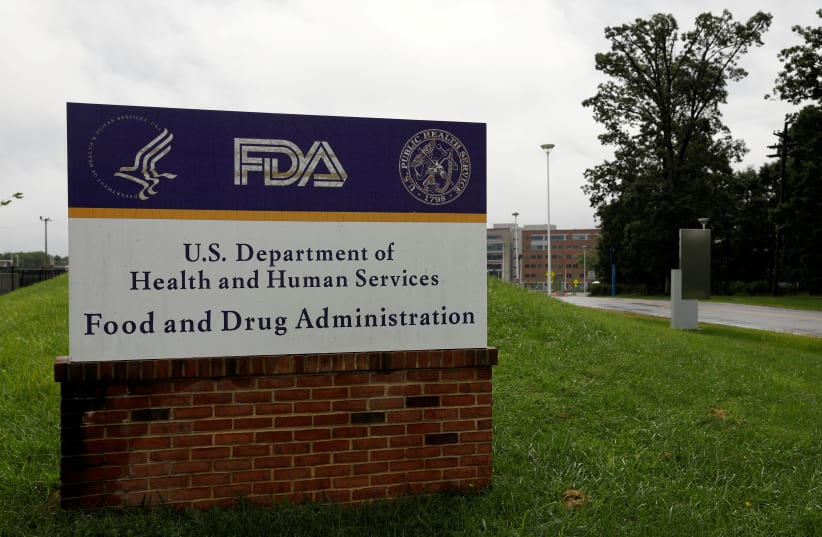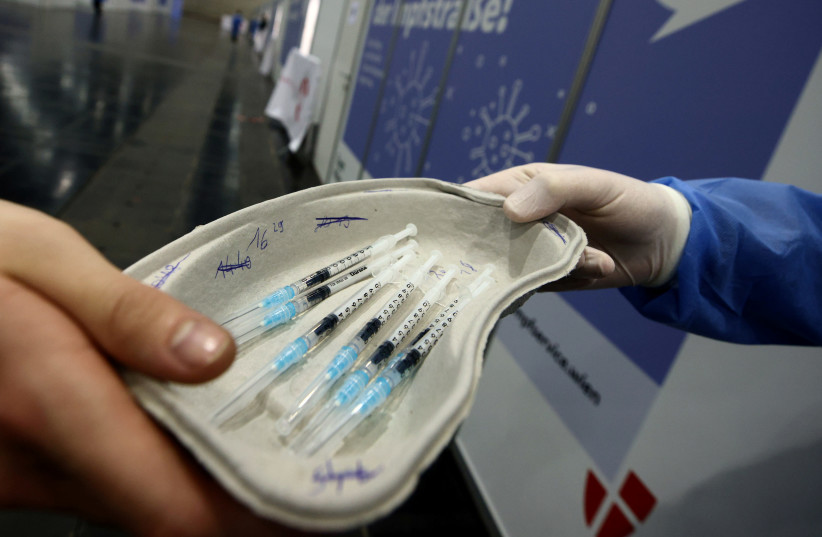The US Food and Drug Administration on Thursday authorized booster shots of the COVID-19 vaccine from Pfizer Inc and BioNTech SE those aged 16 and 17, as public health officials have urged Americans to get the additional shots on concerns about the new Omicron variant of the virus.
The emergency use authorization (EUA) will allow 16- and 17-year-olds to receive their third shot at least six months after their second vaccine dose.
Regulators from the US Centers for Disease Control and Prevention (CDC) likely need to sign off on the shots before the teenagers can begin receiving the doses. Around 4.7 million 16- and 17-year-olds in the United States are fully vaccinated and more than 2.5 million of them are six months past their second dose.
Some scientists have raised concerns about additional shots for the age group because of the elevated risk of rare cases of heart inflammation in young men that have been linked to messenger RNA vaccines such as the Pfizer/BioNTech shot.
All US adults are currently eligible for booster shots of the three authorized COVID-19 vaccines.
The FDA's authorization comes a day after Pfizer and BioNTech released data suggesting that booster shots could be key to protection against infection from the newly identified Omicron variant of the coronavirus.
The CDC has identified fewer than 100 cases of Omicron in the United States, but they are expected to increase in the coming weeks and months.
Meanwhile, the dominant Delta variant, which is very transmissible and can be passed on by people who are fully vaccinated, has driven up infections. Regions where activities have moved indoors for winter, such as the Northeast, have seen some of the biggest increases in new cases, which now average close to 120,000 each day.

